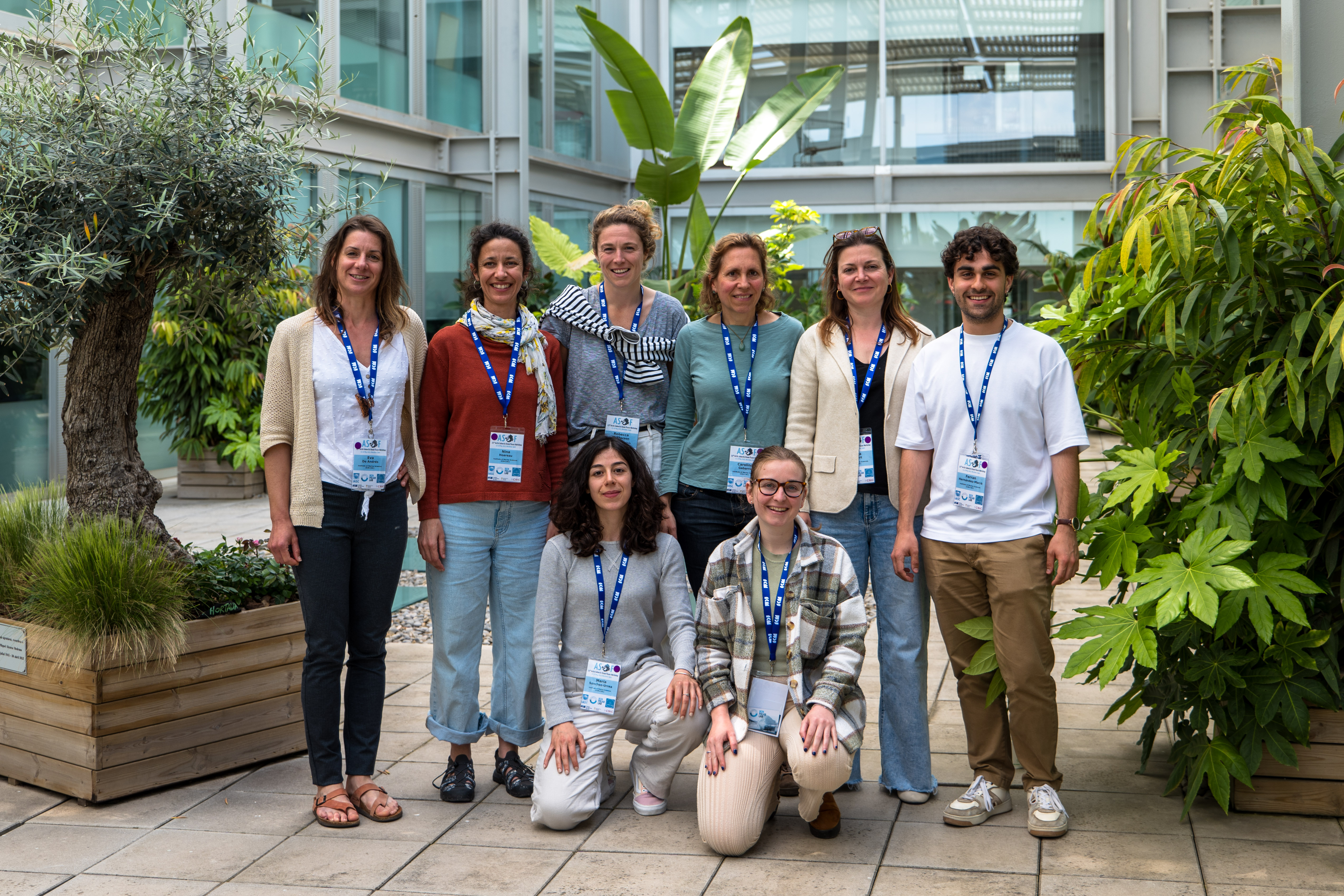
The Polar Oceanography and Cryospheric Studies Group, also known as Barcelona Polar Lab, is a research group at the Institute of Marine Sciences (ICM-CSIC) in Barcelona, dedicated to the study of polar regions.
Our research focuses on sea ice processes, ocean dynamics, and freshwater fluxes, combining satellite data, in situ observations, and numerical models. Through an approach that integrates cutting-edge science and technology, we investigate how changes in polar areas affect ocean circulation, the global freshwater balance, and climate dynamics.
We are a multidisciplinary team with extensive experience, actively collaborating with researchers worldwide to advance knowledge of polar regions. Additionally, we maintain a strong commitment to education and scientific outreach, helping to bring polar research closer to society.
Visit our website: polar.icm.csic.es